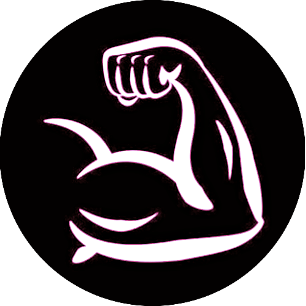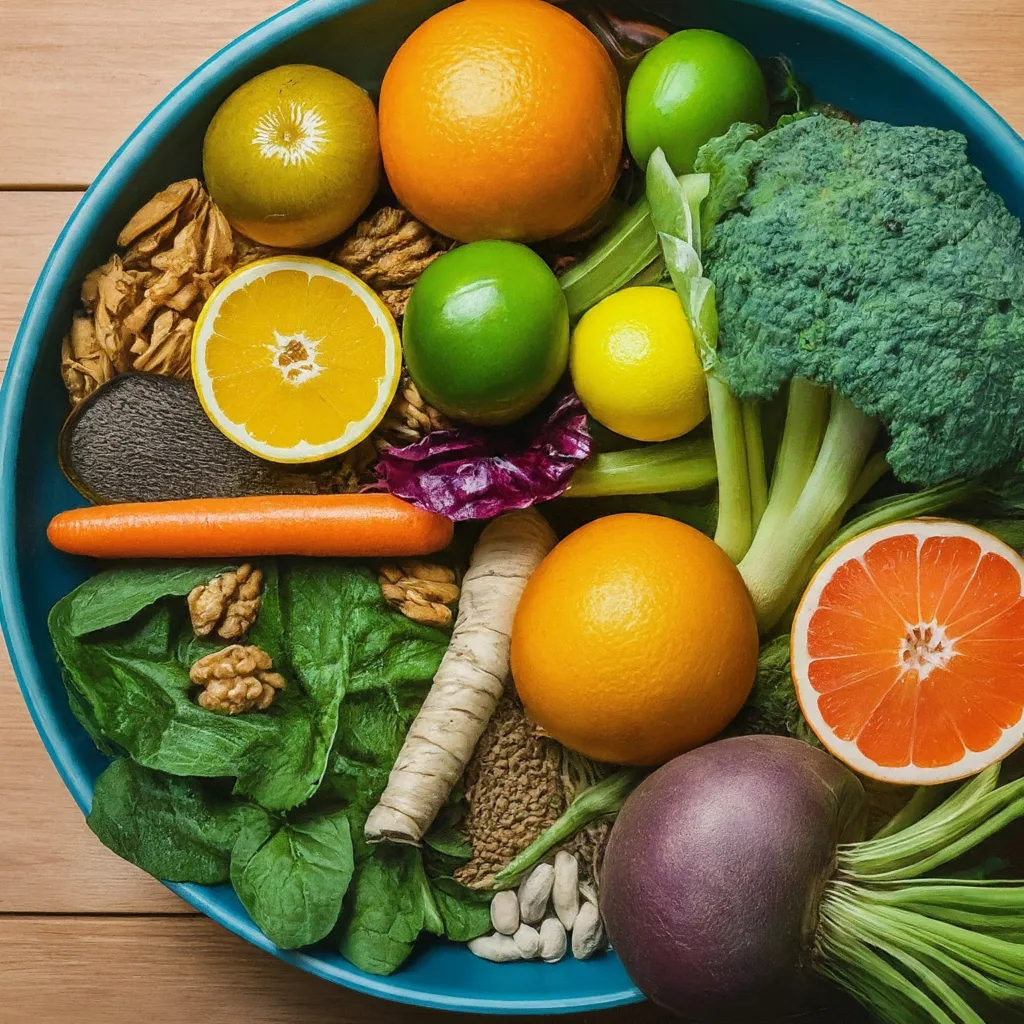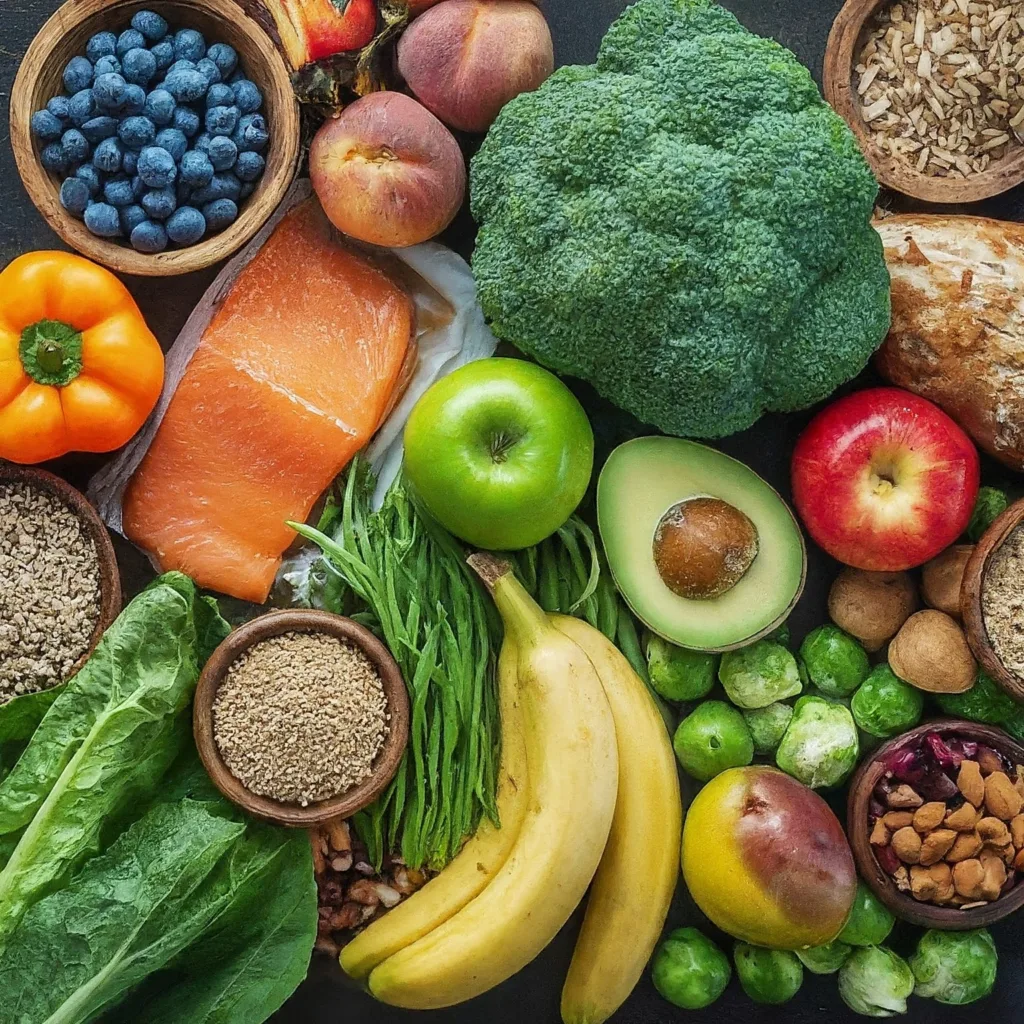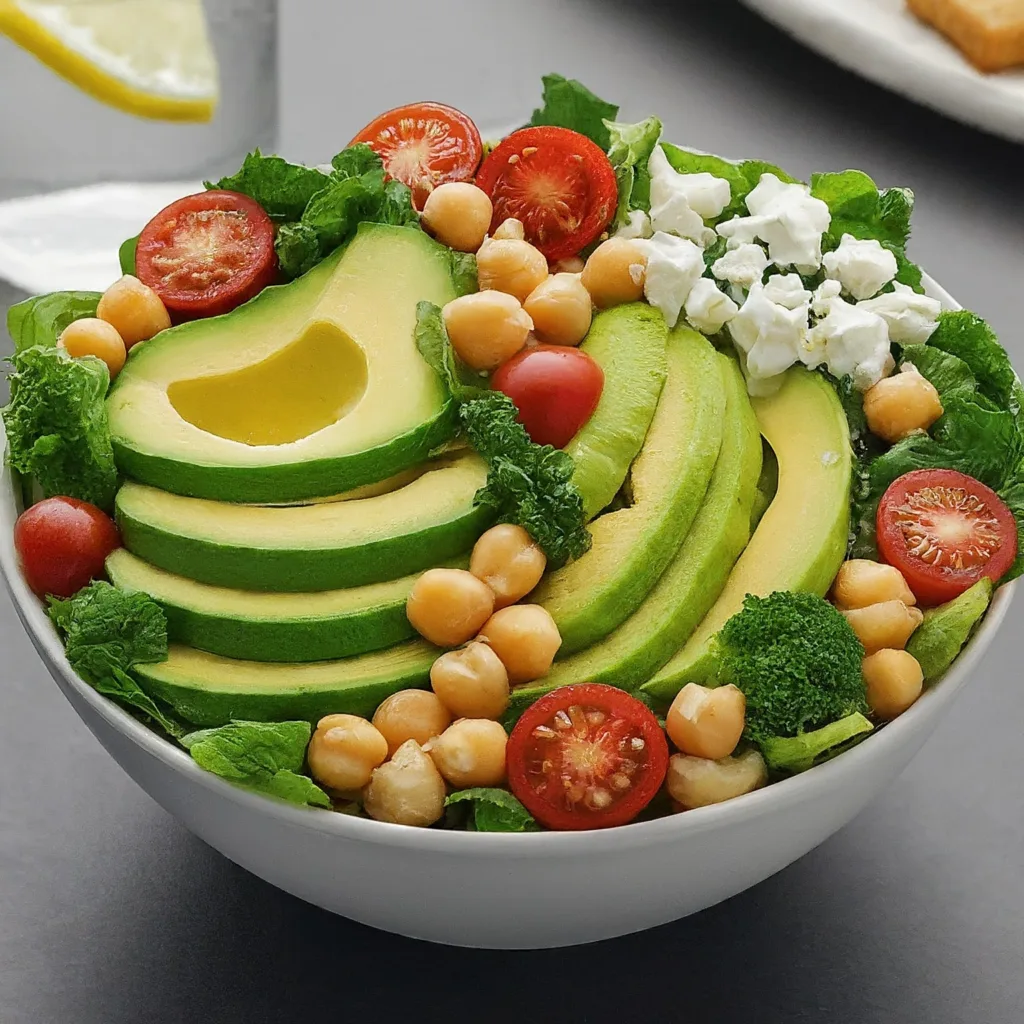Ignoring protein intake can trigger a range of symptoms, including muscle weakness, structural stress, mood swings, anemia, edema, stunted growth, compromised immunity, and changes in skin and hair quality, such as brittle hair and nails. Moreover, it can result in post-meal dissatisfaction.
In this article, we review into the critical importance of protein in nutrition, shedding light on the ramifications of disregarding its intake. Our goal is to show you why it’s important to eat protein in your diet. This will help you make better choices and live a healthier life.
In This “Ignoring Protein Intake”
What is Protein?
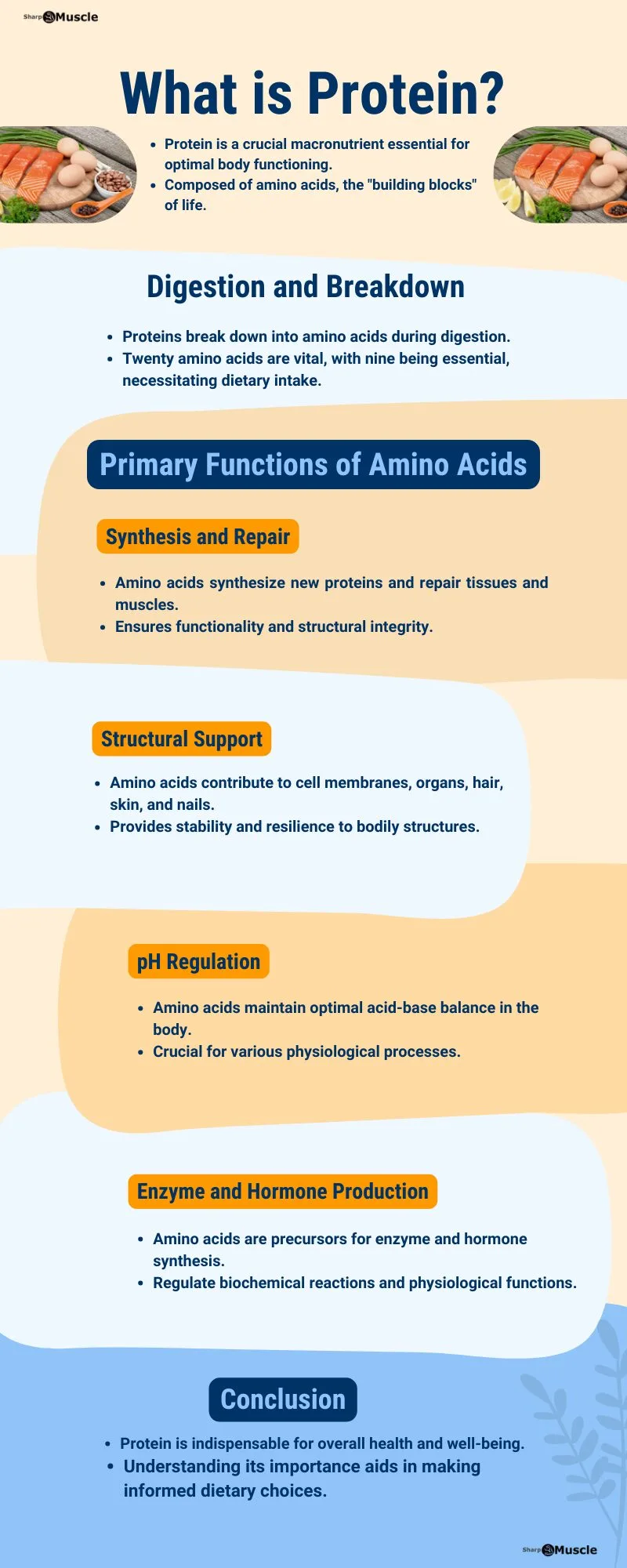
Protein stands as a vital macronutrient essential for the body’s optimal functioning. Composed of amino acids, often dubbed the “building blocks” of life, protein plays a pivotal role in numerous physiological processes.
When proteins are digested, they break down into amino acids. Among these, twenty amino acids hold critical roles, with nine considered essential, necessitating intake through the diet.
The primary functions of amino acids derived from protein include:
1. Synthesis and Repair: Amino acids are crucial for the synthesis of new proteins and the repair of tissues and muscles, ensuring their functionality and structural integrity.
2. Structural Support: Amino acids contribute to the structural composition of essential components such as cell membranes, organs, hair, skin, and nails, providing stability and resilience to these bodily structures.
3. pH Regulation: Amino acids aid in maintaining an optimal acid-base balance within the body, crucial for the proper functioning of various physiological processes and systems.
4. Enzyme and Hormone Production: Amino acids serve as precursors for the synthesis of enzymes and hormones, pivotal molecules that regulate biochemical reactions and physiological functions. Without the necessary amino acids, the body’s ability to produce these vital compounds is compromised, potentially leading to disruptions in metabolic and hormonal processes.
The Role of Protein in the Body
Proteins play a multifaceted role in the body, serving as the cornerstone of various structures and functions, including:
- Muscle Maintenance and Growth: Protein is essential for maintaining and promoting muscle growth. During physical activity or exercise, muscles undergo damage that requires repair and regeneration, a process facilitated by amino acids derived from protein consumption.
- Metabolism Support: Protein supports metabolism, encompassing all biochemical processes within the body. Certain proteins act as enzymes, facilitating metabolic reactions that break down nutrients for energy release.
- Hormone Regulation: Protein is involved in hormone regulation, influencing various physiological functions such as growth, reproduction, and metabolism. Proteins serve as precursors for hormone synthesis and play roles in hormone signaling and communication.
- Immune Function: Proteins are vital for immune function, serving as the primary component of antibodies that recognize and neutralize pathogens. Additionally, proteins contribute to the structure and function of immune cells, supporting the body’s defense against infections.
Common Reasons for Ignoring Protein Intake
Let’s delve into the common reasons why individuals may neglect their protein intake:
Misconceptions about protein needs
Many people harbor misconceptions regarding their protein requirements, often underestimating the importance of this macronutrient in their diet. They may believe that protein is only necessary for athletes or bodybuilders, overlooking its crucial role in overall health.
Here are some common misconceptions or myths surrounding protein needs:
Protein Only Builds Muscle
While protein is indeed crucial for muscle growth and repair, its importance extends far beyond just building muscles.
Protein is essential for numerous physiological functions, including enzyme production, hormone regulation, immune function, and maintaining healthy skin, hair, and nails.
Eating Too Much Protein Causes Kidney Disease
This is a common misconception. While excessive protein intake can potentially strain the kidneys in individuals with pre-existing kidney conditions, there is no evidence to suggest that moderate protein consumption causes kidney disease in healthy individuals.
However, it’s essential to maintain a balanced diet and consult a healthcare professional for personalized dietary advice.
Eating Less Protein Is a Good Way to Lose Weight
Restricting protein intake as a means to lose weight can be counterproductive and may even lead to muscle loss and metabolic slowdown.
Protein plays a crucial role in promoting satiety, preserving lean muscle mass, and supporting metabolic function, making it an important component of a weight loss diet.
You Can’t Get Enough Protein on a Plant-Based Diet
Individuals following specific dietary patterns, such as vegetarianism or veganism, may face challenges in meeting their protein needs due to the elimination of animal-derived protein sources from their diet.
Without proper planning and knowledge of plant-based protein sources, they may struggle to obtain adequate protein intake.
Contrary to popular belief, it is entirely possible to meet protein needs on a plant-based diet. Many plant-based foods, such as legumes, tofu, tempeh, nuts, seeds, and grains, are rich sources of protein.
By incorporating a variety of these plant-based protein sources into meals, individuals can easily obtain the essential amino acids necessary for optimal health.
For Maximum Benefits, Don’t Worry About When or How You Consume Protein, Just Eat Enough of It
While meeting daily protein requirements is important, the timing and quality of protein consumption also play significant roles, particularly for athletes and individuals engaged in resistance training.
Consuming protein-rich meals or snacks before and after workouts can help support muscle recovery and growth. Additionally, prioritizing high-quality protein sources, such as lean meats, poultry, fish, eggs, and dairy, can maximize the nutritional benefits of protein intake.
Protein Turns into Sugar
This is a common misconception. While excess protein can be converted into glucose through a process called gluconeogenesis, this occurs only under specific circumstances, such as during prolonged fasting or very low-carbohydrate diets.
In general, dietary protein is primarily used for tissue repair, enzyme production, and other vital functions, rather than being converted into sugar for energy.
Preference for Other Macronutrients (Carbohydrates and Fats)
Some individuals may prioritize carbohydrates and fats over protein in their diet, either due to personal taste preferences or cultural dietary norms.
This preference may lead to an imbalance in macronutrient intake, with protein being overlooked or undervalued.
Lack of Awareness About Protein-Rich Food Sources
There is a lack of awareness among certain individuals regarding sources of protein-rich foods.
They may not realize that protein is abundant in various foods beyond just meat, such as legumes, nuts, seeds, dairy products, and tofu. Without this knowledge, they may inadvertently neglect their protein intake.
Signs of Inadequate Protein Intake
Ignoring protein intake or experiencing protein deficiency can lead to an inability to meet your body’s nutritional requirements.
An estimated one billion people worldwide suffer from insufficient protein intake. 1
This issue is particularly severe in regions like Central Africa and South Asia, where up to 30% of children receive inadequate protein from their diets. 2
Certain individuals in developed countries are also vulnerable. This includes those who follow unbalanced diets, as well as institutionalized older adults and hospitalized patients. 3 4
While true protein deficiency is rare in the Western world, some individuals consume very low amounts of protein in their diets. Ignoring protein intake can result in gradual changes in body composition, such as muscle wasting, over an extended period.
Protein deficiency can impact nearly all aspects of bodily function, leading to a variety of symptoms. Even marginal protein deficiency or ignoring protein intake may trigger the onset of these signs and symptoms. They are outlined below:
Physical Symptoms of Protein Deficiency
- Muscle Weakness: Inadequate protein intake can lead to muscle weakness and fatigue, as muscles may not have enough protein to function properly. A study suggests that higher protein intake is associated with a lower risk of fatigue and better quality of life. They also identify several factors that may contribute to fatigue, such as lower kidney function and a history of dialysis. 5
- Delayed Wound Healing: Protein is essential for tissue repair. A deficiency can slow down the healing process of wounds and injuries. Observational study compare protein intake and wound healing rates, they found that the protein accelerated wound healing and improved nutritional status. The high-dose compound protein group had the best results. 6
- Edema: Protein deficiency may result in fluid retention, leading to swelling, particularly in the legs, feet, and abdomen. Scientists hypothesize that this condition arises from diminished levels of human serum albumin, the predominant protein found in the liquid component of blood, known as blood plasma. 7
Impact on Muscle Health and Strength
- Muscle Loss: Protein is crucial for muscle maintenance and growth. Ignoring protein intake can lead to muscle loss and decreased strength over time. One study show that low protein intake is associated with weaker grip strength and slower walking speeds in older adults, especially in women. 8 However, more research is needed to determine the optimal protein intake for older adults.
- Fatigue: Weak muscles can contribute to feelings of fatigue and reduced physical endurance.
- Difficulty Performing Physical Tasks: Without sufficient protein, muscles may not have the strength and endurance needed for everyday activities and exercise.
Effects on Hair, Skin, and Nails
- Brittle Hair and Nails: Protein is a key component of hair and nails. Inadequate intake can lead to brittle hair and nails that are prone to breakage. 9
- Dry, Flaky Skin: Protein deficiency may result in dry, flaky skin due to a lack of structural support provided by proteins.
- Hair Loss: Protein is essential for hair growth and strength. Insufficient intake can lead to hair loss or thinning. 10
Cognitive and Mood-Related Symptoms
- Poor Concentration and Memory: Proteins play a role in neurotransmitter function, which affects cognitive processes such as concentration and memory. Ignoring protein intake may impair these functions. 11
- Mood Swings: Protein deficiency can lead to fluctuations in neurotransmitter levels, potentially contributing to mood swings and irritability.
- Depression and Anxiety: Some studies suggest that inadequate protein intake may be linked to an increased risk of depression and anxiety due to its effects on neurotransmitters and brain function. 12
Summary
Health Risks of Low Protein Intake
Insufficient protein intake can significantly impact overall health, contributing to muscle wasting, compromised immune function, delayed recovery from injuries and illnesses, and heightened susceptibility to bone fractures and osteoporosis.
Prioritizing adequate protein consumption is essential for maintaining optimal health and preventing these adverse outcomes. Here’s why:
- Muscle Maintenance and Strength: Protein is crucial for preserving and building muscle mass. Without an adequate intake, the body may resort to breaking down muscle tissue for essential amino acids, leading to muscle weakness and decreased physical performance, particularly in older adults who are more vulnerable to falls and injuries.
- Immune System Support: Proteins play a vital role in bolstering immune function, forming the foundation of antibodies and supporting the structure and function of immune cells like white blood cells. Inadequate protein intake can compromise the body’s ability to fend off infections and illnesses, increasing susceptibility to diseases.
- Tissue Repair and Recovery: Protein is essential for tissue repair and regeneration, crucial processes following injuries, surgeries, or illnesses. Without sufficient protein intake, the healing process may be delayed, prolonging recovery time and heightening the risk of complications, impacting overall health and well-being.
- Bone Health and Density: Collagen, a primary protein in bones, provides structural support and strength to bone tissue. Inadequate protein intake can compromise bone health, leading to decreased bone density and an elevated risk of fractures and osteoporosis. This poses particular concerns for older adults, who are already prone to age-related bone loss.
The Relationship Between Protein and Weight Management
Protein plays a multifaceted role in weight management. Its ability to promote satiety helps control appetite and reduce calorie intake, while also preserving lean muscle mass during weight loss.
Let’s explore the intricate relationship between protein and weight management:
Satiety and Weight Regulation
Protein is well-known for its ability to induce feelings of fullness and satiety, which can aid in weight regulation. Compared to carbohydrates and fats, protein takes longer to digest, keeping you feeling fuller for longer periods.
By promoting satiety, protein can help reduce overall calorie intake, potentially leading to weight loss or weight maintenance.
Preserving Lean Muscle Mass During Weight Loss
When individuals embark on a weight loss journey, there’s a risk of losing not only fat but also lean muscle mass. Protein plays a crucial role in preserving lean muscle tissue during weight loss.
Adequate protein intake, combined with regular exercise, helps ensure that the body primarily burns fat for energy while preserving muscle mass. This is vital for maintaining metabolic rate and overall body composition.
Metabolic Rate and Energy Expenditure
Protein has a higher thermic effect compared to carbohydrates and fats, meaning that the body expends more energy to digest, absorb, and metabolize protein. This phenomenon, known as the thermic effect of food, can contribute to increased energy expenditure and metabolic rate.
By consuming protein-rich foods, individuals may enhance their metabolic rate, potentially supporting weight loss efforts.
Strategies for Increasing Protein Intake
Implementing these strategies, individuals can effectively increase their protein intake to support overall health, muscle maintenance, and weight management goals.
1. Identifying Protein-Rich Foods
Begin by familiarizing yourself with a variety of protein-rich foods. Creating a list of these foods can help you plan meals that prioritize protein consumption.
These include:
- Lean meats (e.g., chicken breast, turkey, lean beef)
- Poultry (e.g., skinless chicken, turkey)
- Fish (e.g., salmon, tuna, cod)
- Eggs (whole eggs or egg whites)
- Dairy products (e.g., Greek yogurt, cottage cheese, milk)
- Legumes (e.g., lentils, chickpeas, black beans)
- Tofu (firm or extra firm tofu)
- Tempeh
- Seitan
- Nuts and seeds (e.g., almonds, peanuts, chia seeds, pumpkin seeds)
- Protein-rich grains (e.g., quinoa, amaranth, buckwheat)
Having these protein sources on hand can make it easier to incorporate adequate protein into your meals and snacks.
2. Incorporating Protein into Meals and Snacks
Make a conscious effort to include protein in every meal and snack throughout the day.
- Incorporate sources of protein into breakfast, such as eggs, Greek yogurt, or protein-rich smoothies.
- For lunch and dinner, include lean meats, fish, tofu, or legumes as the main protein source.
- Snack on protein-rich foods like nuts, Greek yogurt, or protein bars to keep you feeling satisfied between meals.
3. Tips for Vegetarians and Vegans to Meet Protein Needs
Vegetarians and vegans can still meet their protein needs by incorporating a variety of plant-based protein sources into their diets.
- Include legumes (beans, lentils, chickpeas), tofu, tempeh, seitan, soy products, nuts, seeds, and whole grains in meals to ensure adequate protein intake.
- Consider combining complementary plant-based protein sources to ensure you’re getting all essential amino acids.
4. Considering Protein Supplements if Necessary
In certain cases, such as when dietary restrictions, preferences, or increased protein needs are present, protein supplements may be beneficial.
For convenient options to increase protein intake, consider protein powders derived from:
However, supplements should not replace whole food sources of protein but rather complement a balanced diet when needed.
5. Addressing Protein Intake: Practical Tips
Protein requirements vary from person to person and depend on several factors, including age, sex, weight, and activity level. Here’s how to determine your individual protein needs:
- Calculate Your Protein Requirement: Use a protein calculator or consult with a nutritionist to determine the appropriate amount of protein for your body. This calculation often considers factors such as age, sex, weight, and activity level.
- Consider Your Activity Level: Individuals who are more physically active generally require more protein to support muscle repair and growth. If you engage in regular exercise or have a physically demanding job, you may need to increase your protein intake accordingly.
- Factor in Age and Gender: Protein needs may differ based on age and gender. For example, older adults may require slightly higher protein intake to counteract age-related muscle loss, while pregnant or breastfeeding individuals may have increased protein needs to support fetal development or milk production.
- Assess Your Weight Goals: If you’re trying to lose weight or build muscle, your protein requirements may be different compared to someone who is maintaining their current weight. Protein can help with satiety and muscle preservation during weight loss, while higher protein intake may support muscle growth during periods of muscle building or hypertrophy.
Conclusion
In summary, protein intake is crucial for supporting overall health and well-being. From muscle maintenance and immune function to weight management and metabolic health, protein plays a vital role in numerous physiological processes.
It is essential to prioritize protein consumption as part of a balanced diet to ensure that your body receives an adequate supply of this essential macronutrient. By incorporating a variety of protein-rich foods into your daily meals and snacks, you can meet your protein needs and reap the numerous health benefits associated with adequate protein intake.
Remember, achieving optimal health and well-being requires a balanced approach to nutrition, including a proper balance of macronutrients such as protein, carbohydrates, and fats. By making informed dietary choices and prioritizing nutrient-dense foods, you can support your body’s needs and enhance your overall quality of life.
- Wu G, Fanzo J, Miller DD, Pingali P, Post M, Steiner JL, Thalacker-Mercer AE. “Production and supply of high-quality food protein for human consumption: sustainability, challenges, and innovations.” Ann N Y Acad Sci. 2014 Aug;1321:1-19. doi: 10.1111/nyas.12500. PMID: 25123207.[↩]
- Wu G, Bazer FW, Cross HR. “Land-based production of animal protein: impacts, efficiency, and sustainability.” Ann N Y Acad Sci. 2014 Nov;1328:18-28. doi: 10.1111/nyas.12566. PMID: 25376888.[↩]
- Dodson S, Baracos VE, Jatoi A, Evans WJ, Cella D, Dalton JT, Steiner MS. “Muscle wasting in cancer cachexia: clinical implications, diagnosis, and emerging treatment strategies.” Annu Rev Med. 2011;62:265-79. doi: 10.1146/annurev-med-061509-131248. PMID: 20731602.[↩]
- Dorner B, Friedrich EK, Posthauer ME; American Dietetic Association. “Position of the American Dietetic Association: individualized nutrition approaches for older adults in health care communities.” J Am Diet Assoc. 2010 Oct;110(10):1549-53. doi: 10.1016/j.jada.2010.08.022. Erratum in: J Am Diet Assoc. 2010 Dec;110(12):1941. PMID: 20882714.[↩]
- Neto AWG, Boslooper-Meulenbelt K, Geelink M, van Vliet IMY, Post A, Joustra ML, Knoop H, Berger SP, Navis GJ, Bakker SJL. “Protein Intake, Fatigue and Quality of Life in Stable Outpatient Kidney Transplant Recipients.” Nutrients. 2020 Aug 14;12(8):2451. doi: 10.3390/nu12082451. PMID: 32824065; PMCID: PMC7469059.[↩]
- Wang X, Yu Z, Zhou S, Shen S, Chen W. “The Effect of a Compound Protein on Wound Healing and Nutritional Status.” Evid Based Complement Alternat Med. 2022 Mar 24;2022:4231516. doi: 10.1155/2022/4231516. PMID: 35368770; PMCID: PMC8970868.[↩]
- Coulthard MG. “Oedema in kwashiorkor is caused by hypoalbuminaemia.” Paediatr Int Child Health. 2015 May;35(2):83-9. doi: 10.1179/2046905514Y.0000000154. Epub 2014 Sep 16. PMID: 25223408; PMCID: PMC4462841.[↩]
- Granic A, Mendonça N, Sayer AA, Hill TR, Davies K, Adamson A, Siervo M, Mathers JC, Jagger C. “Low protein intake, muscle strength and physical performance in the very old: The Newcastle 85+ Study.” Clin Nutr. 2018 Dec;37(6 Pt A):2260-2270. doi: 10.1016/j.clnu.2017.11.005. Epub 2017 Nov 16. PMID: 29191494; PMCID: PMC6295979.[↩]
- GODWIN KO. “Skin, hair and nail in protein malnutrition.” World Rev Nutr Diet. 1961;3:103-28. PMID: 13963281.[↩]
- Rushton DH. “Nutritional factors and hair loss.” Clin Exp Dermatol. 2002 Jul;27(5):396-404. doi: 10.1046/j.1365-2230.2002.01076.x. PMID: 12190640.[↩]
- Teleanu RI, Niculescu AG, Roza E, Vladâcenco O, Grumezescu AM, Teleanu DM. “Neurotransmitters-Key Factors in Neurological and Neurodegenerative Disorders of the Central Nervous System.” Int J Mol Sci. 2022 May 25;23(11):5954. doi: 10.3390/ijms23115954. PMID: 35682631; PMCID: PMC9180936.[↩]
- Institute of Medicine (US) Committee on Military Nutrition Research. The Role of Protein and Amino Acids in Sustaining and Enhancing Performance. Washington (DC): National Academies Press (US); 1999. 14, “Amino Acid and Protein Requirements: Cognitive Performance, Stress, and Brain Function.” Available from: https://www.ncbi.nlm.nih.gov/books/NBK224629/.[↩]

